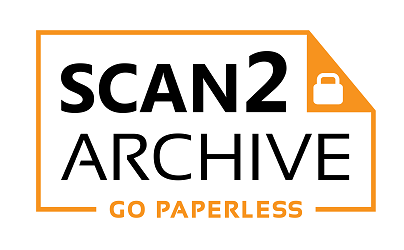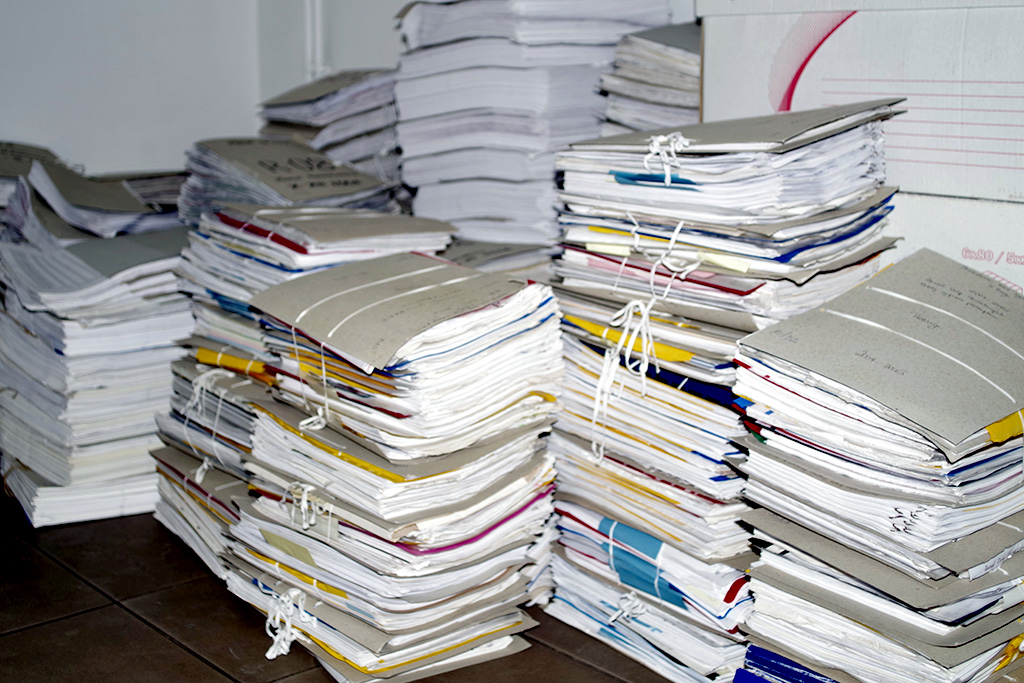EDUCATION PROVIDERS: WHY ARE YOU STILL PUTTING UP WITH THAT UNORGANISED FILE STORAGE ROOM?
Space is such a limited resource in facilities used by education providers. So much so that it’d be a big waste of valuable space for the storage of the mountains of documents that educational activities generate. The question is why many education providers are still storing their documents in unorganised file storage rooms. The good news is that Scan2Archive have years of experience in helping schools digitise and organise their old files.
We typically scan files for education providers from physical hard copy to searchable multi-page PDF format. This is a versatile file format suitable for all types of material. After scanning the files, we apply OCR techniques that convert the printed information into digitised files. One of the main advantages of doing this is that the resulting files are much more easily retrieved from archives. This saves a lot of time when conducting research. Additionally, digital files take the fraction of the space that physical files do, thereby regaining valuable office or storage space for the education provider. Digital files can also be archived and stored with a high-level of redundancy, thus reducing the risk of losing files and the information they contain. Copies of the files can be stored in redundant systems whether in another physical location or even in the cloud.
Our services are customisable to the extent of naming the resulting files according to the naming format nominated by the customer. In cases where customers are looking for valuable insights within their documents, we can also provide additional data extraction. Customers can also specify whether they’d like their hardcopies returned to them after scanning, or whether they’d like them destroyed.
If you are an education provider, you simply no longer need to put up with the unorganised file storage room. Contact Scan2Archive today to learn more about our document scanning and digital file storage services for your educational institution’s needs.





